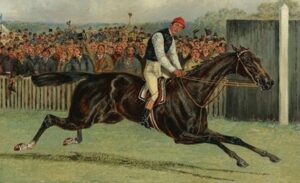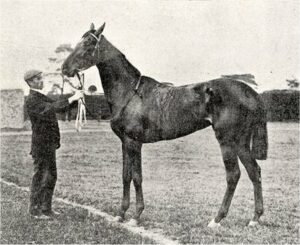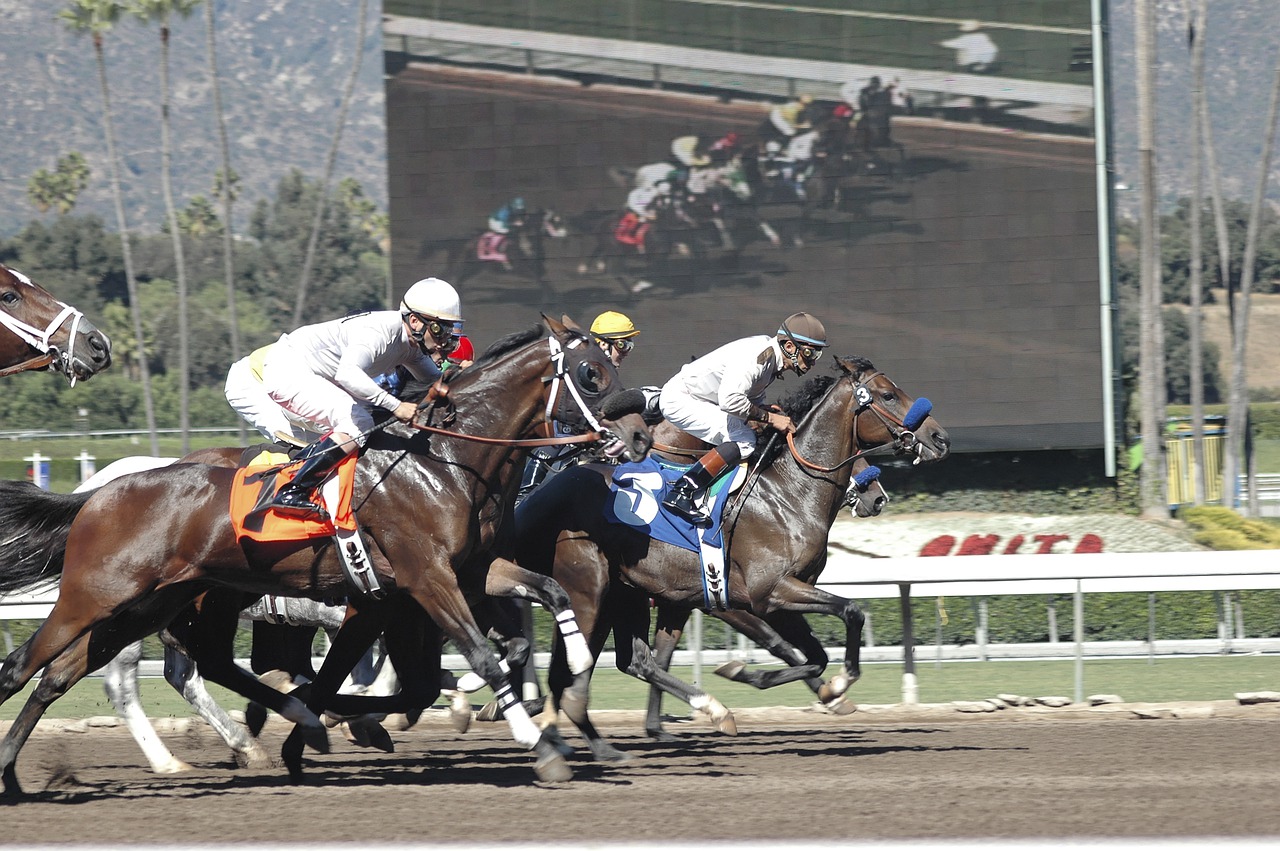Sport, competitive predictions, laws, wars, and technology have all shaped the gambling landscape in the UK. The history of sports betting is far from monotonous. There are a few events in history that contributed to the way UK residents place wagers. Take a look.
Horse Racing in the 18th Century

The horse racing business was booming while casinos failed to take off. Horse racing has been documented since the early 1500s.
A crucial development occurred in 1790 that led to the increase of wagers at horse races.
The horse-race format that Harry Ogden created means that each horse has a different chance of winning – meaning they do not all have the same odds of winning.
Debt Collectors in the 19th Century
Often the lying bookie would go days before he or she was exposed. This meant he would already be out of the game. The same principle applies to wagers one couldn’t honor. For most of the 1800s, sports betting wasn’t a clean business as the industry was unregulated. Payments owed to you were not guaranteed.
Legislations
1845 marked the passing of the Gambling Act. By clarifying that wagers are not legal contracts, the Act tried to discourage people from gambling. Upon its passage, gambling just became an official risk. Betting houses multiplied exponentially after the Gambling Act of 1845. Lawmakers recognized that new legislation was needed. By 1853, it was illegal to own property for the purpose of betting or gambling.
Growth from the 1920s to 1960s

During the 1920s, horse racing tracks in the UK gained popularity.
In 1926, greyhound racing was introduced and three years earlier football pools started to grow in popularity.
In 1923, Littlewoods opened its football pool. Until the 1960s, the only legal betting platforms in the United Kingdom were greyhound racing, horse racing, and football pools.
Betting and gambling shops were legalized by the Betting and Gambling Act of 1960.
1990s Premier League and Online Betting
Television rights for the Premier League were acquired by Sky Sports in 1992. More football matches were televised each week as a result of this deal, which made football betting even more popular. Then, in 1996, Intertops’ success with online casinos led to the introduction of online sports betting. Since then, online sportsbooks have been able to offer new features to their customers.
Reforms in the 2000s
In 2001, the betting tax and the trebles rule were abolished. Therefore, bookmakers were taxed 15%. A consolidation of gambling legislation and regulations was attempted in 2005 with the Gambling Act.
Afterward, the 2005 Gambling Act was amended by the 2015 Gambling Bill which included the consumption tax.



